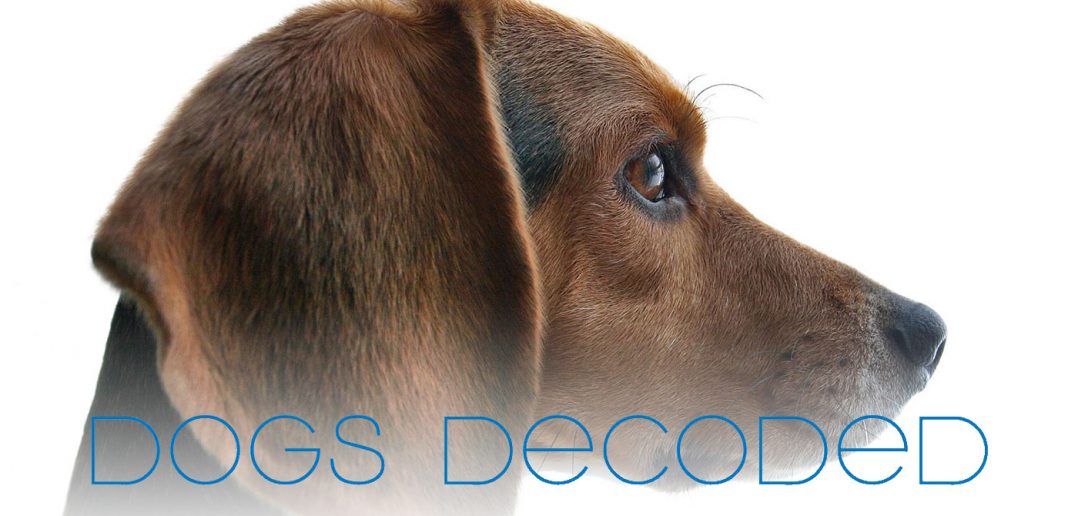Most dog owners enjoy boasting that they have a deep understanding and an enduring bond with their dog. “My dog knows to wait for my husband at the door everyday at four,” the owner might say. “My dog will snuggle close to me if I cry,” another might comment.
While to the unattached, they may believe that these dog owners have devoted, or at the very least, relational pets, but the bond runs far shallower than the deep pools of love.
Yet many researchers not only agree with the claims of bonds between dogs and their owners, they have evidence to support it — finding dogs and humans share a bond not only unique – but stronger than any other relationship between animals and humans.
How deep is the bond between dogs and humans? In the PBS NOVA documentary, “Dogs Decoded”, several key pieces of research surface, proving the significant bond between owner and pet.
Five Scientific Findings About the Bond Between Dogs and Humans:
(Findings from PBS NOVA, “Dogs Decoded”)
- Dogs read our faces like humans do:
Veterinary behavioral medicine specialist, Professor Daniel Mills, conducted a study which found that dogs, like humans, read humans faces with a left gaze bias – a trait which no other species aside from humans do, and dogs only do this when communicating with humans, not with other dogs. - Dogs are the only animal that respond to human pointing cues:
Cognitive psychologist, Juliane Kaminski found in a study that not even chimps, who are seen as highly responsive animals to humans, can respond to human pointing cues, yet puppies as young as three-months-old respond to the visual human prompt of pointing. - Humans might be able to understand basic emotions from the pitch of a dog’s bark:
In another study, dog-human interaction scientist Adam Miklosi put dogs in emotion-provoking situations, such as having a stranger walk into their yard or seeing a treat, and recorded the sound of the barks. When humans played the recording of the barks they could generally recognize the dogs emotion. - We work on similar rhythms:
Both dogs and humans are social beings who traditionally hunt during daylight, a finding that suggests dogs and humans may have been drawn to one another to help increase their chances of survival. - Dogs and humans can have a bond strong enough to release a hormone in both the pet and owners brain:
Oxytocin, the hormone released in humans related to bonding, such as when a mother breastfeeds her baby, can make us experience love and connectivity. Professor Kerstin Uvnas-Moberg of Sweden found when humans pet dogs both the dogs and human start with no oxytocin being released, but soon both human and animal often have a surge of oxytocin.
What does this mean? Dogs have evolved to communicate with humans through their cues, one being human facial messages.
What does this mean? Visually pointing and having your dog respond indicates the dog comprehends your body language, resulting in a tangible way to communicate with your dog.
What does this mean? Hearing our dog bark can alert us of an intruder, that our dog is hungry, or even excited. Understanding these basic emotions through the pitch of a dog’s bark helps us to understand our pet more.
What does this mean? Perhaps dogs and humans can complement each other, finding ways to communicate that began centuries ago.
What does this mean? The release of oxytocin when dogs and humans interact proves a bond exists between dogs and humans, even on a physiological level.
While scientific research indicates dog and man have a bond of proven significance, sometimes it’s the stories that speak the loudest.
Last August, ABS News told the story of deceased Navy Seal Jon Tumilson’s dog, Hawkeye, who lay at the foot of the casket during Tumilson’s funeral. Hawkeye’s bond was so great that death did not stop him from wanting to be physically close to his owner – now I’d say that bond runs deep.





2 Comments
I know that dogs have a special connection to us. My son loves his dog and she is always there when he feels down.
I have no doubt that our dogs are as close, committed and in love with us as any child would be. They even respond to a look – let alone a pointing gesture.
Great article – great topic!